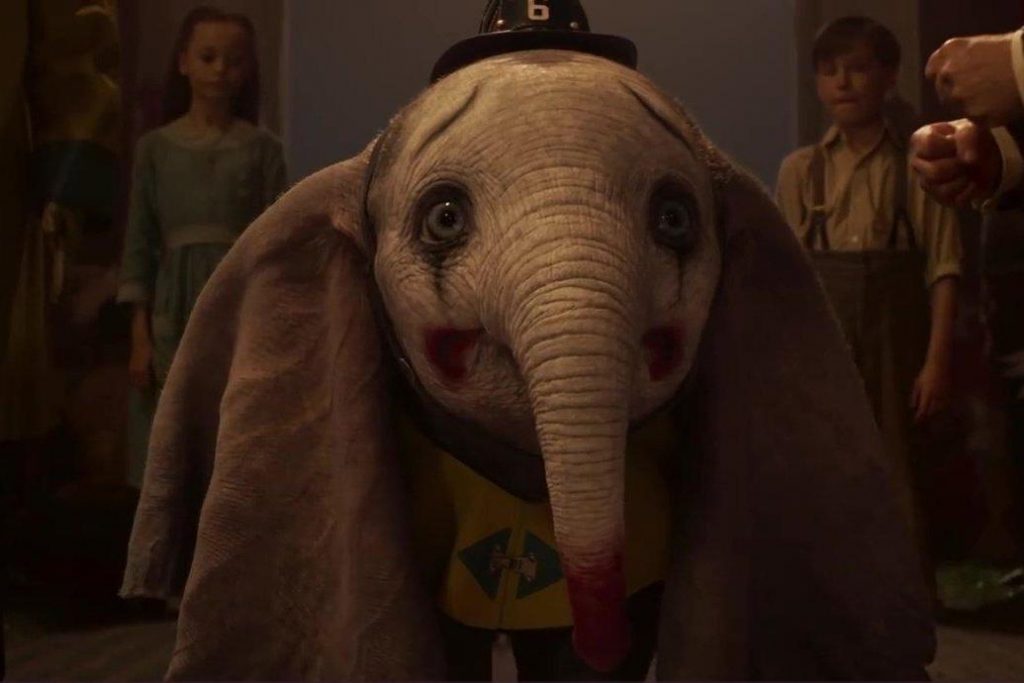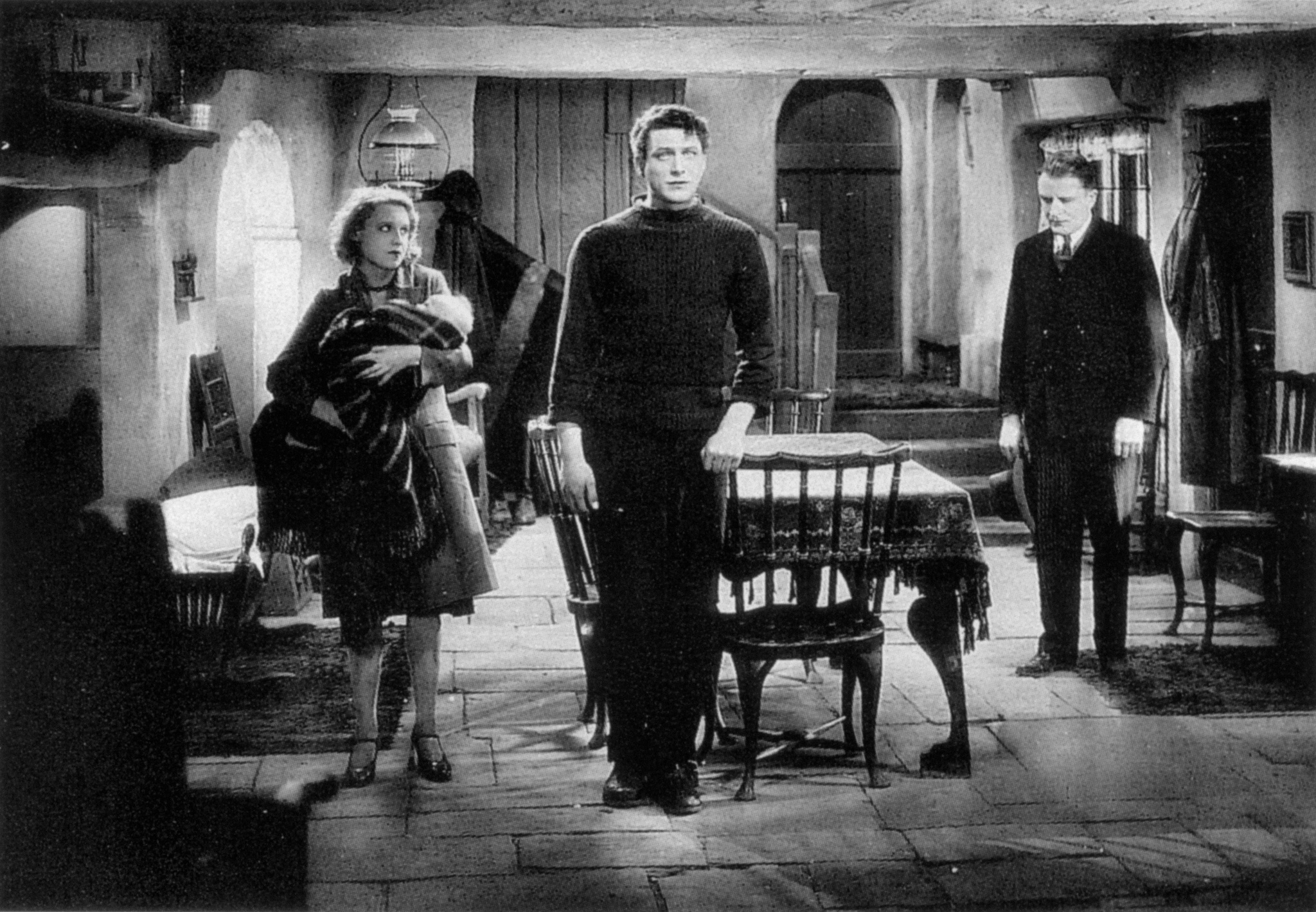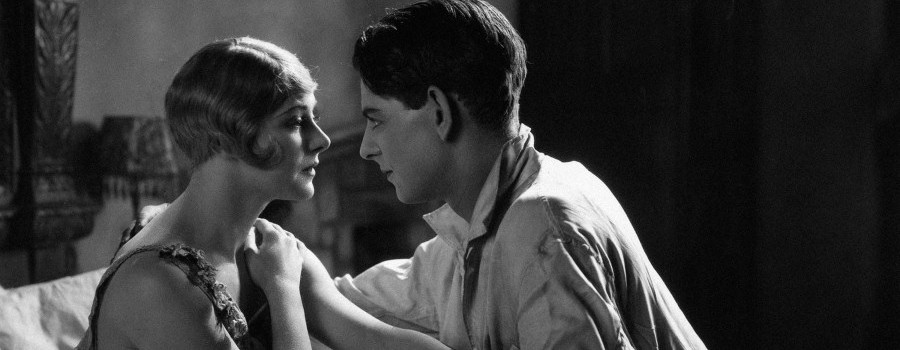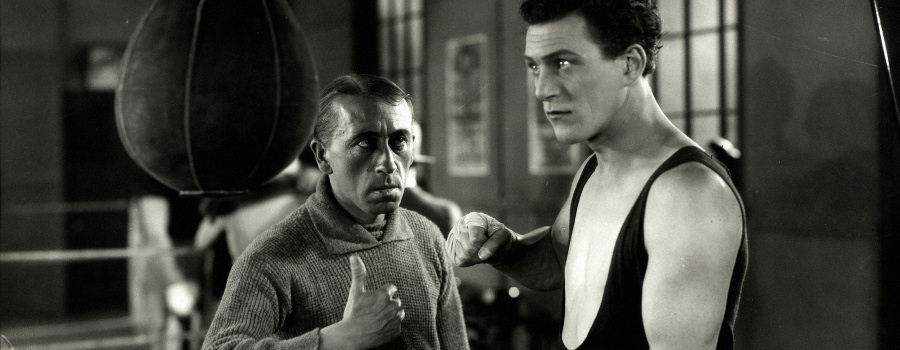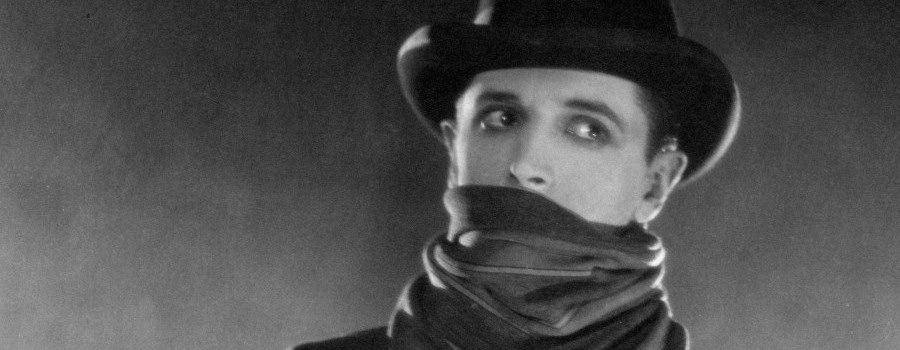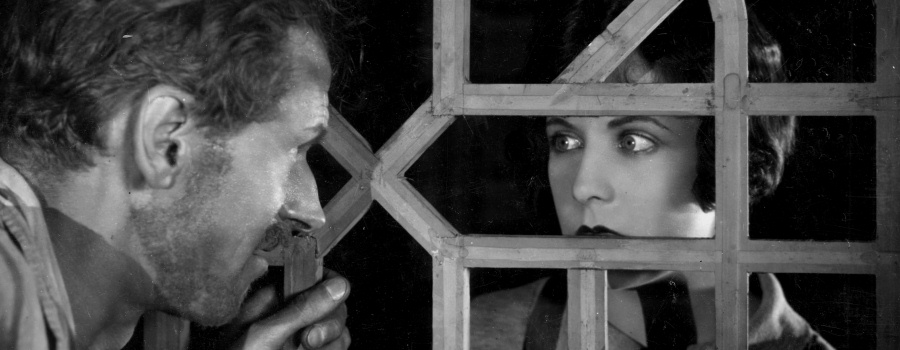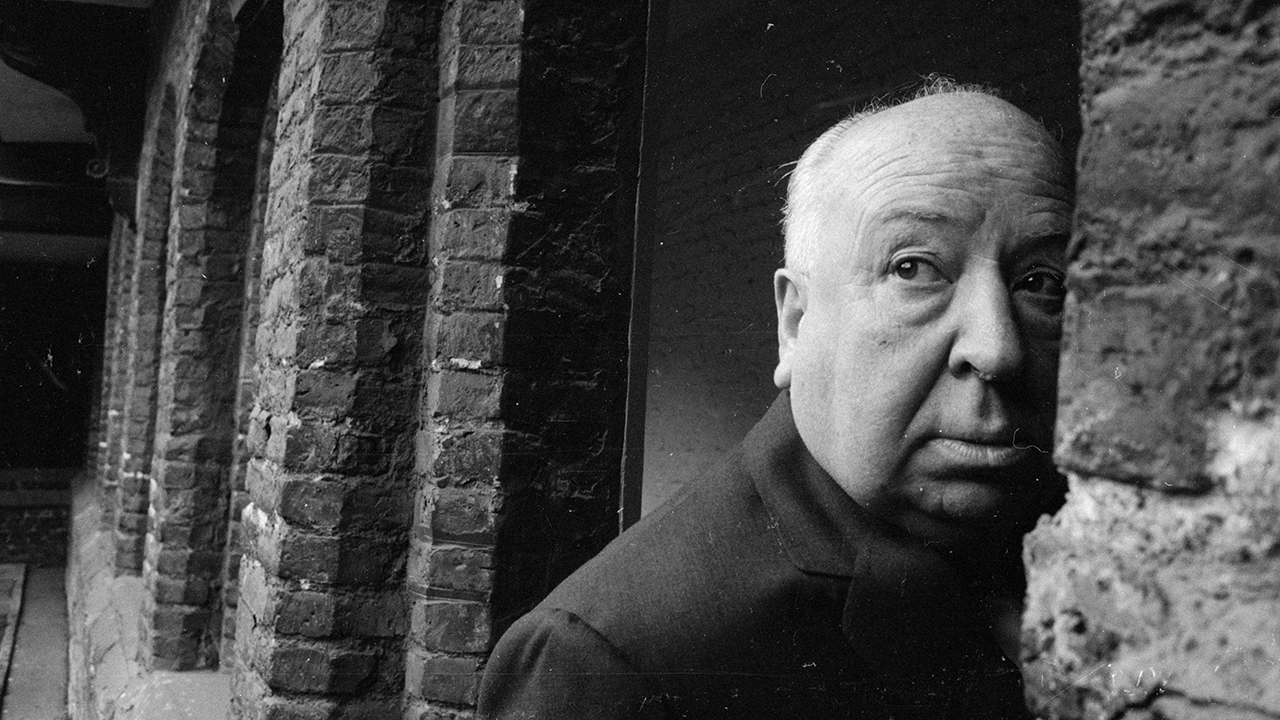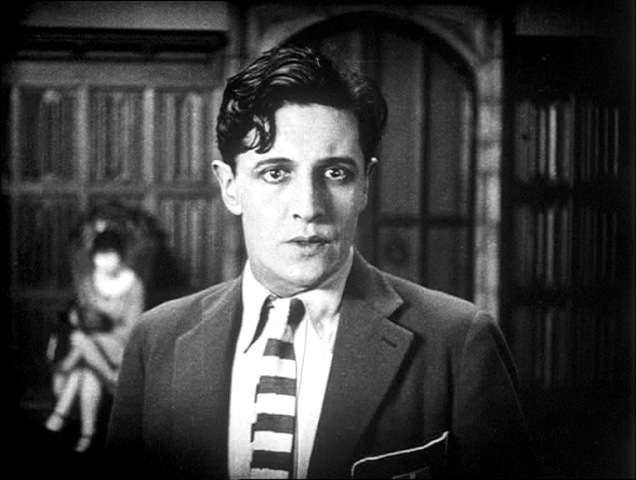
Downhill is another early Hitchcock film – released in the US as When Boys Leave Home, under which it is most easily located – that wouldn’t classify at all as suspense (although it does maintain a certain ominous tone).
It’s a small character piece about a man who takes the blame for his brother’s wrongdoing (and suffers a variety of societal troubles as a result). It stars Ivor Novello (who played the lead role in The Lodger and actually wrote the play upon which this film is based). The story takes his character through a variety of jobs, a few relationships, and even a stint as a homeless vagrant. However, for all of the travels the story takes our hero through, he frustratingly ends up very much where he began, with no characters including himself having learned terribly much about the experiences. As a narrative it’s pretty innocuous and as a technical achievement it’s rather pedestrian. There are a small handful of notable shots and, as previously mentioned, the tone is effectively ominous throughout the film. But ultimately, this film does not hold up well.
[…]
